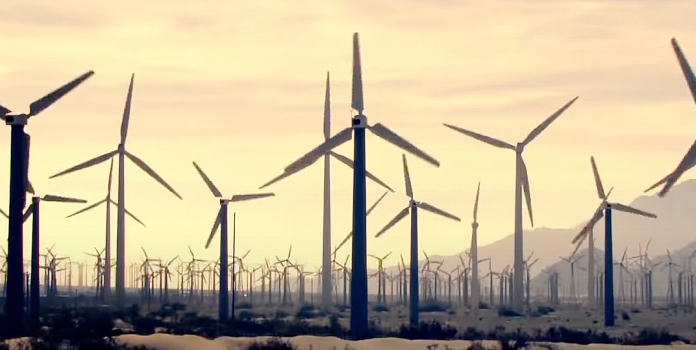(Casey Harper, The Center Square) House Republicans are raising concerns about a new federal green energy program that critics say is wide open for potential fraud and abuse.
The Inflation Reduction Act included $27 billion for the EPA to dole out via competitive grants for clean energy investments in low-income communities by September 2024. Watchdogs and lawmakers say that deadline for the money to be spent by next year could lead to significant waste and abuse.
“With billions of dollars on the line, an unusually accelerated timeline for disbursement, and a new and complex funding structure, this program warrants close scrutiny and rigorous oversight,” House Republicans said in a letter sent to Environmental Protection Agency Administrator Michael Regan this week.
Historically, when federal agencies spend large sums of money on a deadline, later watchdog investigations have revealed questionable use of those funds. Recent reviews of COVID-era relief funds, for example, showed that billions of dollars went to purposes later derided by lawmakers.
“This program is a completely new undertaking for the EPA,” the letter said. “The IRA’s [Greenhouse Gas Reduction Fund] language includes provisions associated with entities often referred to as ‘green banks.'” According to the EPA, the program will “leverage public investment with private capital” to finance clean energy projects.
“The EPA has no experience administering such a funding vehicle, referring to it is as ‘a first-of-its-kind” program,’” the letter adds.
This concern is not simply partisan. EPA Inspector General Sean O’Donnell testified before the Committee’s Subcommittee on Oversight and Investigations about this problem earlier this year, saying the IRA carries “more risk of fraud, waste, and abuse than the [Infrastructure Investment and Jobs Act]…”
O’Donnell said the IRA creates more new programs, which are more “prone to inefficiencies and errors.” In addition to the $27 billion that must be spent by next year, nearly $8 billion more must be spent by fiscal year 2026.
“The pace of this spending, when conducted by newly created programs and received by new recipients, significantly increases the vulnerability of all parties to fraud and creates the potential for errors or inefficiencies in execution,” O’Donnell said in his testimony.
House Energy and Commerce Committee Chair Cathy McMorris Rodgers, R-Wash., Subcommittee on Oversight and Investigations Chair Morgan Griffith, R-Va., and Subcommittee on Environment, Manufacturing, and Critical Materials Chair Bill Johnson, R-Ohio, led the letter.
The lawmakers said the letter is meant “to ensure responsible stewardship of taxpayer dollars.” The letter also raises concerns about the involvement of China, which dominates the green energy market.
The EPA did not immediately respond to a request for comment.

